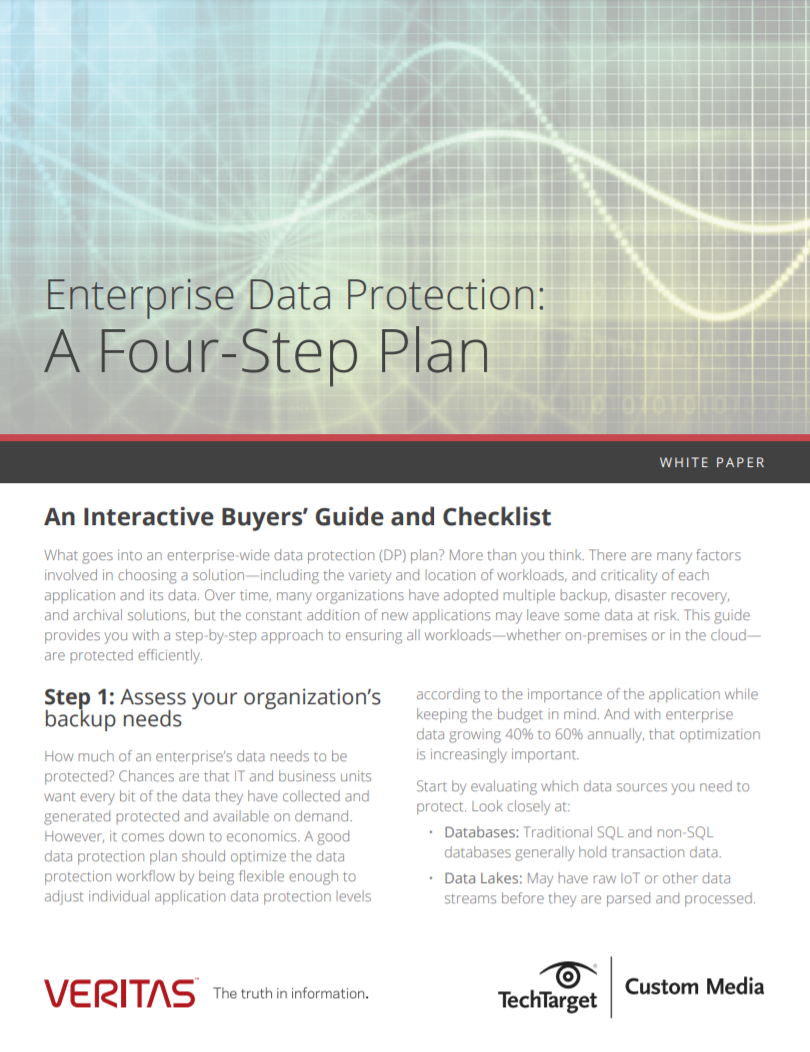Public sector 'risking GDPR violations' by overworking DPOs
Surging workloads for government data protection teams haven’t been matched with greater staffing


Sign up today and you will receive a free copy of our Future Focus 2025 report - the leading guidance on AI, cybersecurity and other IT challenges as per 700+ senior executives
You are now subscribed
Your newsletter sign-up was successful
Public sector data protection officers (DPO) have been put under much greater strain since the rollout of GDPR, with swelling workloads not being matched with additional resources.
The lack of extra staffing for data protection teams, including central government and public sector agencies, is stretching workers too thinly and may result in GPDR violations if left unaddressed, research by eCase claims.
Although 70% of data protection officers (DPO) working across central government and public sector agencies reported a significant increase in their workloads, 40% reported their team sizes staying roughly the same.
With 93% of data protection staff also reporting a rise in the volume of internal requests, half of respondents reported their teams only growing by "a little".
"The non-alignment between government organisations’ resource and workload growth may be due to the expectation that the introduction of GDPR would only lead to a temporary spike in SARs, internal requests and other activities related to their new statutory duties," the report said.
"Central government bodies are therefore advised to address this divergence by either increasing their team resources or investing in fit for purpose tools to help them operate more efficiently," the report added. "Otherwise, their data protection teams risk becoming overstretched, which may result in non-compliance."
The report examined how the public sector has adapted to the rollout of GDPR in May 2018, with eCase inviting 213 DPOs across 231 central government departments, agencies and public bodies to complete a survey. The firm then conducted follow-up interviews with four respondents to gain more context.
Sign up today and you will receive a free copy of our Future Focus 2025 report - the leading guidance on AI, cybersecurity and other IT challenges as per 700+ senior executives
Beyond handling a much greater workload without additional resources, DPOs suggested that gathering information in a timely manner, and finding that information in the first place, were also major challenges in fulfilling requests.
The report also examined how data protection staff managed data protection requests and subject access requests (SARs), and how confident they were in using each method. Just 13% of DPOs use specialist purpose-built commercial tools, while 33% process such requests manually using spreadsheets.
RELATED RESOURCE

While 54% of DPOs used in-house custom-build platforms to handle requests, this method inspired the least amount of confidence, with a third of DPOs lacking confidence in such tools. By contrast, no-one surveyed who uses either spreadsheets or purpose-built commercial tools expressed being wholly "unconfident" in such methods.

Keumars Afifi-Sabet is a writer and editor that specialises in public sector, cyber security, and cloud computing. He first joined ITPro as a staff writer in April 2018 and eventually became its Features Editor. Although a regular contributor to other tech sites in the past, these days you will find Keumars on LiveScience, where he runs its Technology section.
-
 ITPro Excellence Awards winners unveiled
ITPro Excellence Awards winners unveiledIt's time to celebrate excellence in IT. Read on for the full list of winners...
-
 This new mobile compromise toolkit enables spyware, surveillance, and data theft
This new mobile compromise toolkit enables spyware, surveillance, and data theftNews The professional package allows even unsophisticated attackers to take full control of devices